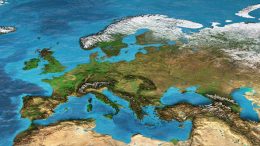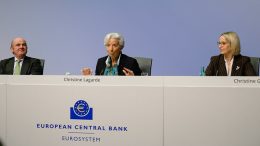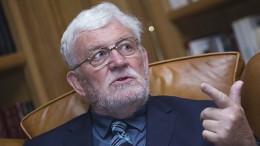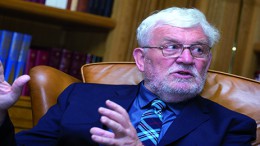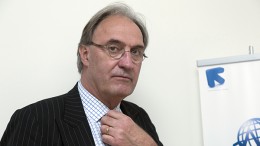How Financial Regulation Can Help Save the Planet
“Let’s say you’re an insurance company and insuring people close to the sea. In Spain, for example, in La Manga del Mar Menor people have vacation homes in an area where sea levels are rising rapidly. If you are an insurance company with properties in areas such as this, this is a disaster. Or if you’re a global company with farmland in Almeria that requires lots of irrigation and Spain’s rainfall decreases dramatically and you can’t cultivate it, you take a massive hit.” The question of climate change and its impact is not a new one – but Antonio Cabrales suggests that there is a new solution, and it lies with the banks.

